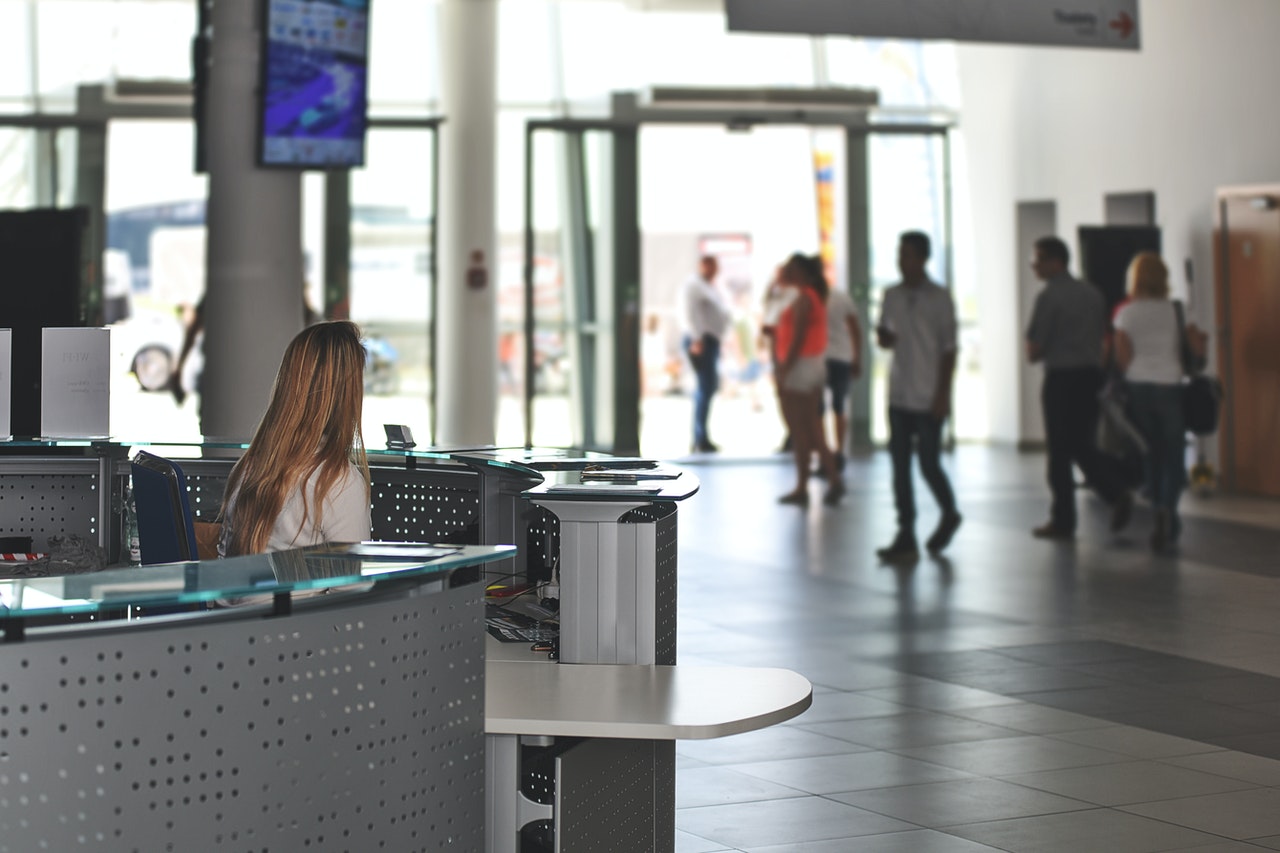The future of remote work
Published

A report from the McKinsey Global Institute (February 21) titled The future of work after Covid-19 suggests that the pandemic will have a large and lasting impact on work and the workforce.
Global labor markets were disrupted by the pandemic in 2020; Millions of people lost their jobs or were furloughed, while others had to quickly adapt to working from home as offices closed.
Essential workers continued to provide essential services in their workplaces, with new protocols in place, including social distancing and the use of personal protective equipment, to prevent the spread of the coronavirus.
Will teleworking continue after the pandemic?
There are numerous benefits for both employers and employees, including increased productivity and a better work-life balance. Many employees enjoy the benefits of remote work because they don't have to commute to the office and have more time for family and leisure activities.

Those: medisinn.com
Interestingly, a recent market research study by Cibyl asked students what they would be more likely to do as a result of the pandemic: 46% wanted more flexibility in the workplace and 34% wanted to work from home. It is likely that a hybrid working model could emerge in many companies, with employees working from home part of the week and spending another part of the week with colleagues in the office doing activities together. Some companies are already eliminating or rethinking office spaces to make them fit for this new era of work.
Some workplaces are not suitable for telecommuting
This includes activities that require the use of special equipment, e.g. B. in laboratories or factories, or activities that require physical contact with people, such as. B. working with patients in healthcare. The potential for telecommuting is determined by the specific tasks and activities of the job, rather than the occupation.
There are some tasks that are beneficial when done in person and may become less effective when working remotely. This includes negotiations, critical business decisions, brainstorming sessions, empathetic feedback to a colleague, and onboarding new colleagues.
A hybrid work model could facilitate those tasks that are best done in person.
What about graduate hiring in 2022?
Although 80% of students believe it will be difficult to find a job after graduating due to the pandemic, there are sectors that are seeing an increase in hiring this year.
The most important sectors in 2021 are:
- IT and technology
- public sector
- Technology, design and manufacturing
- Media and advertising
- Einzelhandel
- Consulting
- Banking
- Consumer goods
- Investment banking
- Accounting and financial management
- Right
Virtual internships
It is also interesting to note that 25% of students experienced remote work during the pandemic through a virtual internship. For students from low socioeconomic backgrounds, the figure is as high as 37%, suggesting that working remotely has actually created opportunities that have benefited disadvantaged students.

Those: computerworld.ch
What lessons have we learned from the pandemic?
First, remote workers can complete most of their work tasks without significant loss in productivity or quality, and second, most workers value the flexibility of remote work.
However, working from home also has its downsides; For example, some employees' sense of belonging may suffer as a result. This shows how important positive relationships with colleagues are in keeping us motivated and productive at work, and how important it is for employers to provide their employees with ongoing mental health support as they adapt to new ways of working post-pandemic offer.
People are more productive working at home than people would have expected. Some people thought that everything was just going to fall apart, and it hasn’t. And a lot of people are actually saying that they’re more productive now. – Mark Zuckerberg, CEO of Facebook








